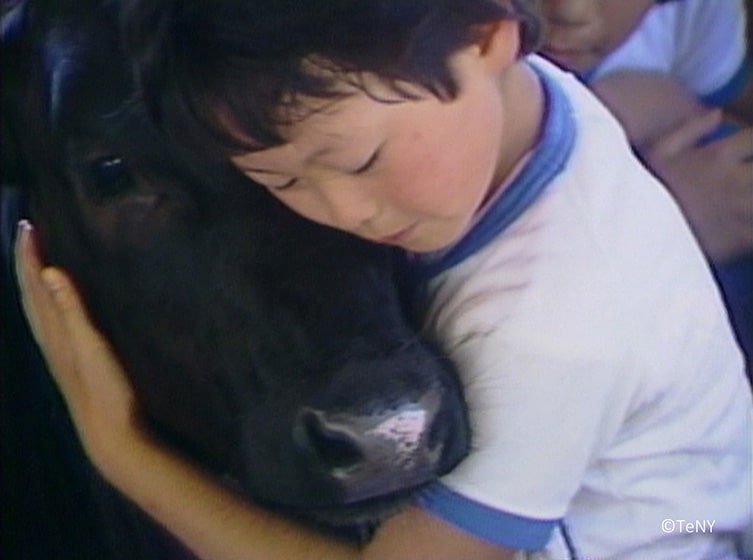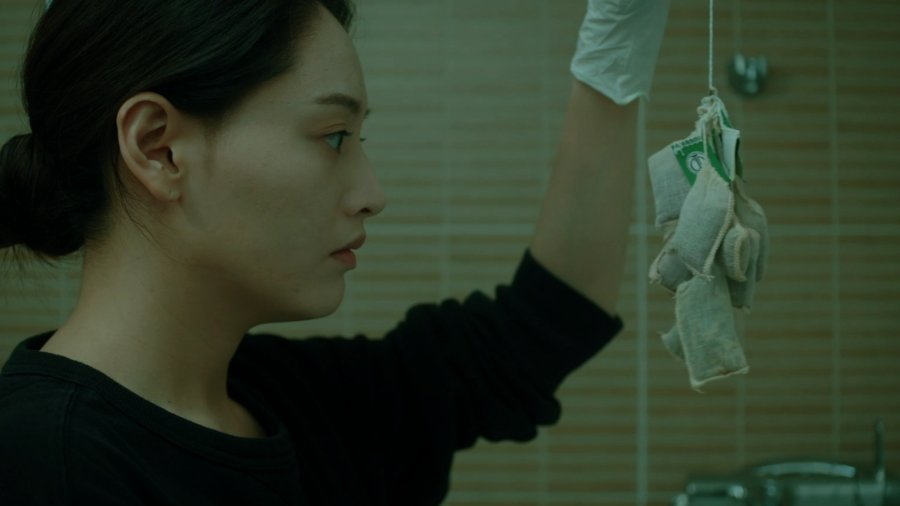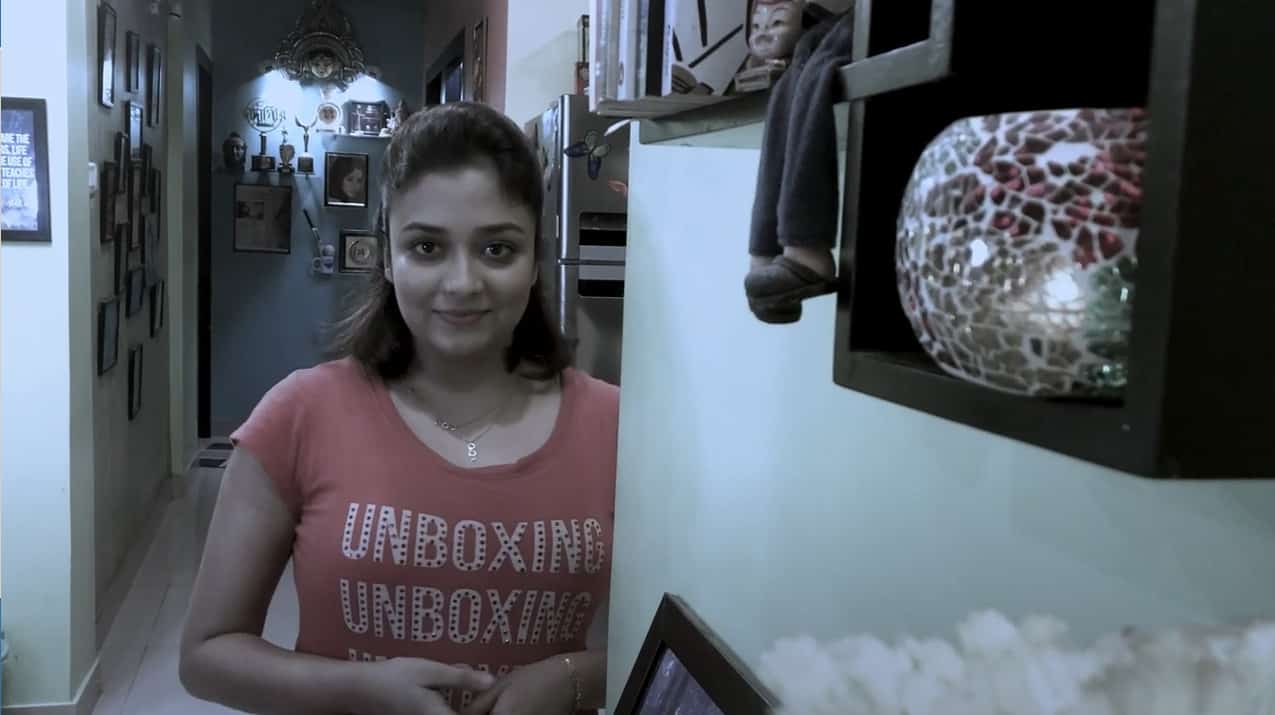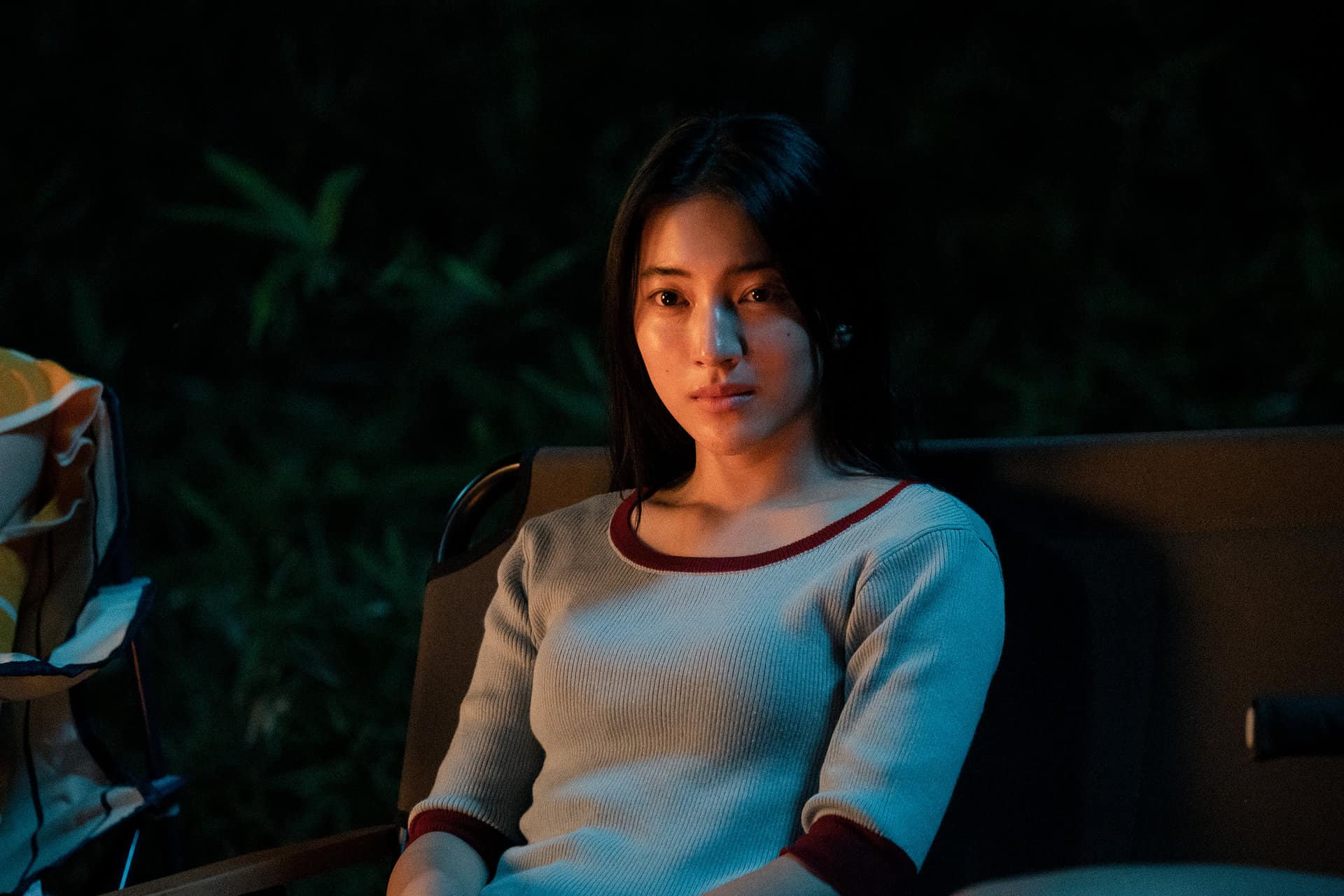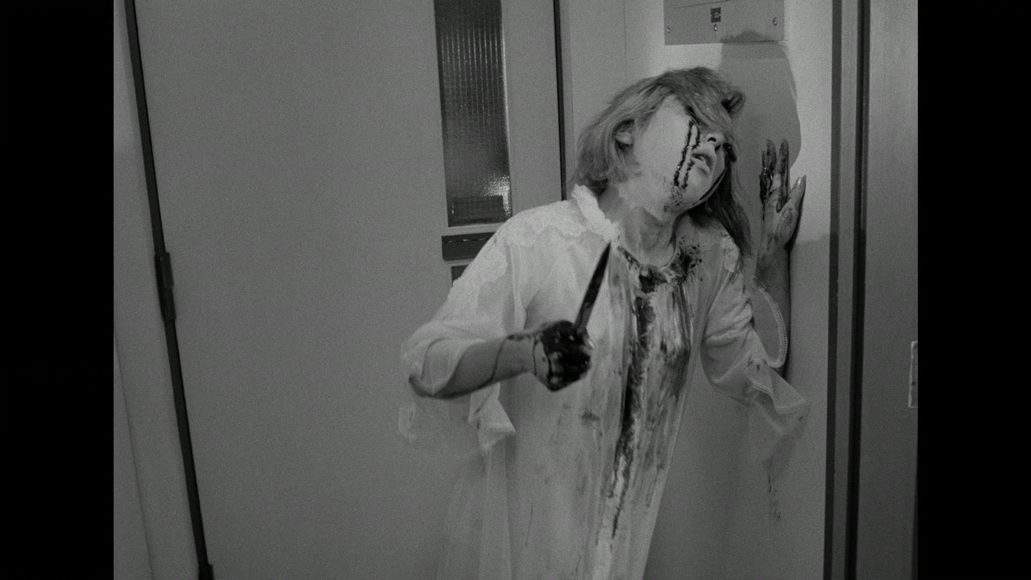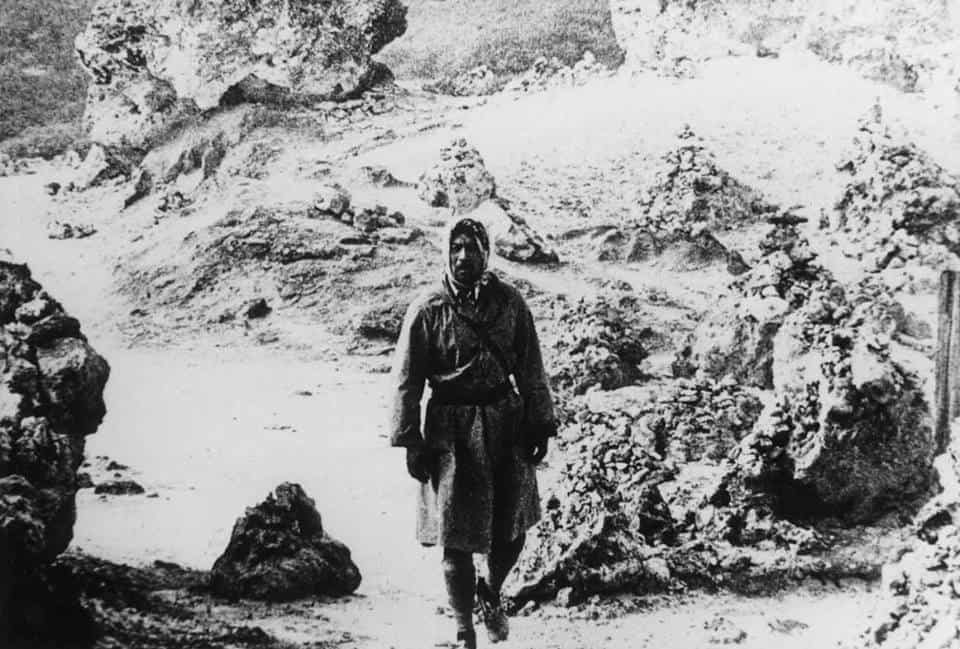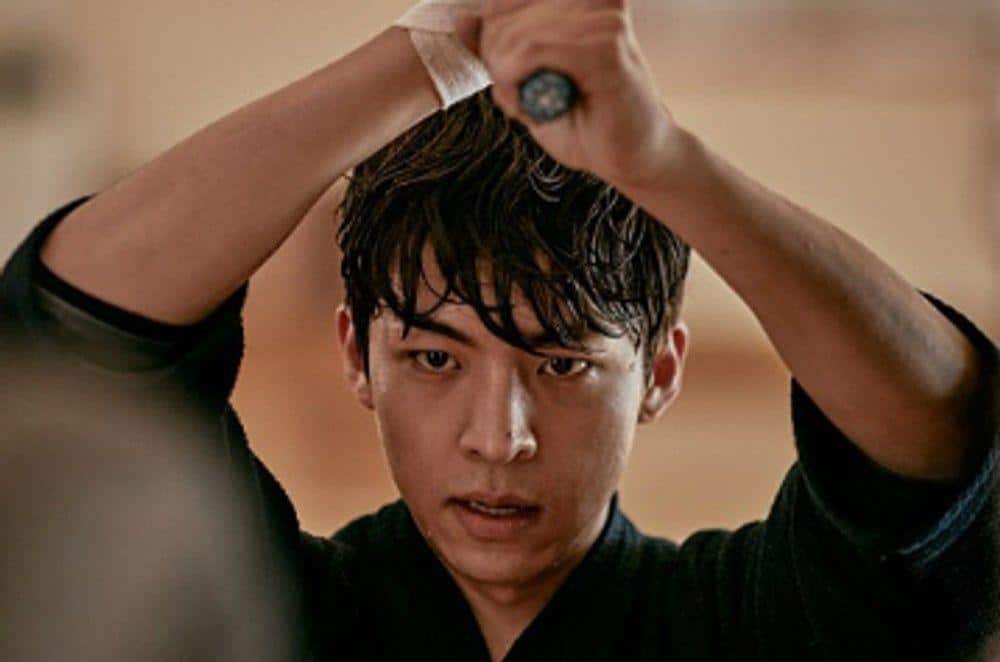Most of us probably won't become what we wanted to be when we were children, but Yoshiaki Tokita's documentary is a quarter-century diary of a determined young woman's seemingly destined career path. Mixing-up the chronology, there are lots of storytelling holes, but focus on the defining moments that made her the woman she will become.
“A Little Girl's Dream“ is streaming as part of JFF+ Independent Cinema
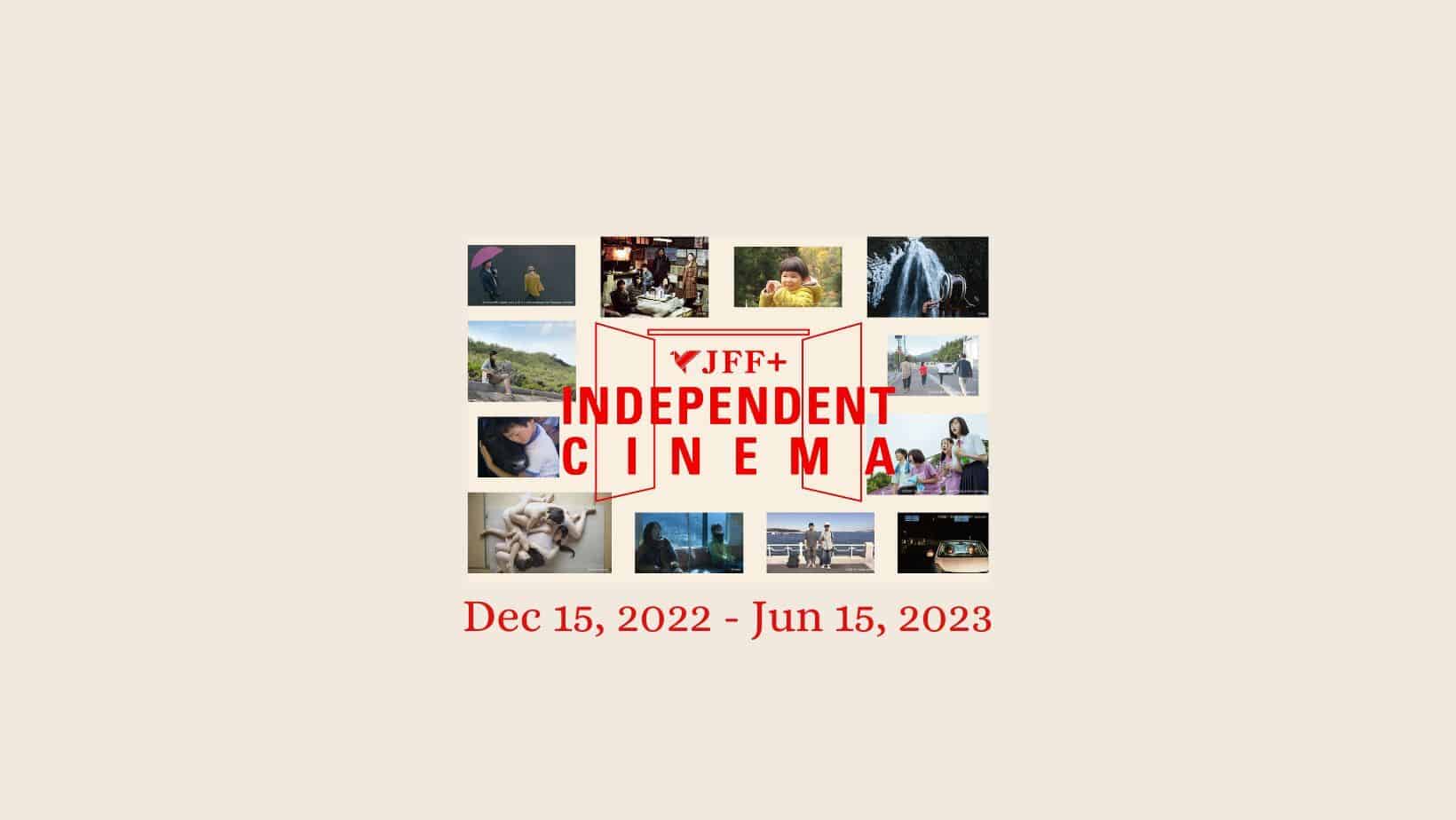
Tomomi is a nine-year-old girl living in rural Niigata on her parents' farm. As part of a school programme, the children look after three cows (and other animals) for a year. As the daughter of dairy farmers, she is sure of what she wants to be when she grows up: a vet. Moving away for school as she grows older, her life is set-up to ensure she is as prepared for university entrance exams as possible. Dedicating herself fully, failure to achieve her dream seems out of the question.
Having originally met her while working as a local reporter, Tokita chose to continue to follow Tomomi's progress. And, indeed, she seems old beyond her years, so he clearly saw potential in her ambitions. But this feels every inch a TV documentary, starting with lo-fi shots from the late 80s, with a simplistic, gentle and amoral narration often found on the Japanese small screen from AKB48's Yui Yokoyama. The shot quality improves as time passes, showing the timeframe this covers, but also makes for an inconsistent viewing.
Squeezing so much life into a relatively short run time means that much of Tomomi's life is glossed over. Moving away for school at a young age is barely explored and in later life marriage and children are simply an extra burden for a full-time career, rather than an emotional life event. We learn little of Tomomi the individual, therefore, only ever seeing her as a vet in waiting, not a young girl growing into a woman. We learn more about her in photo collages over the end credits than eighty minutes of documentary.
But as we feel things move on too fast, Tokita chooses to mix-up the chronology, switching between the present day and moments from her childhood that helped prepare her for her career. The strength of the storytelling is in the juxtaposition of a young girl's love of animals against the economic realities of livestock farming. As a vet, Tomomi now has to withhold her emotions in making decisions more for farmers' finances than animals' health.
At a young age, her father expressed his concerns over her choice to become a vet, believing it to be a male profession requiring strength and a detachment of emotion. Tomomi's path and determination from a young age has prepared her for this, and she takes it in her stride, stoic in expression.
Tokita works this change in outlook well as the timelines shift. A girl crying as the cows leave her school now has to make decisions as to whether to treat a dairy cow or suggest she is sold for meat. A child's dream has now become a commodified career. But it is not all tainted. She still takes joy in saving stranded cows after an earthquake and the role she has in a farming community, looking after generations of farmers and their livestock.
Sacrifice is a key element of achieving any dream, and Tomomi makes a lot of this. Tokita's focus on this part of the dream neglects the girl behind it, but shows that achieving any dream requires some nightmares along the way.


